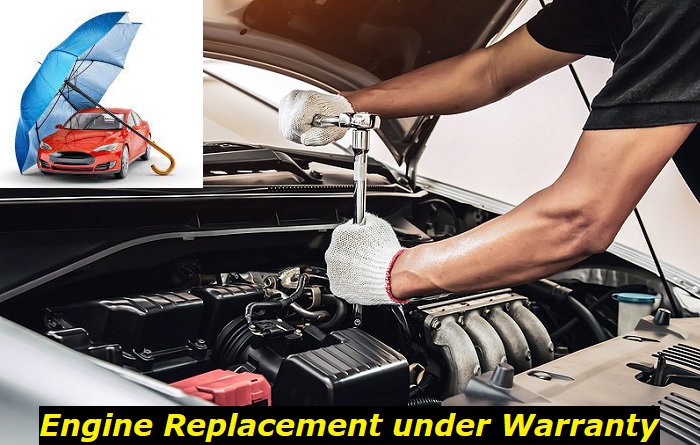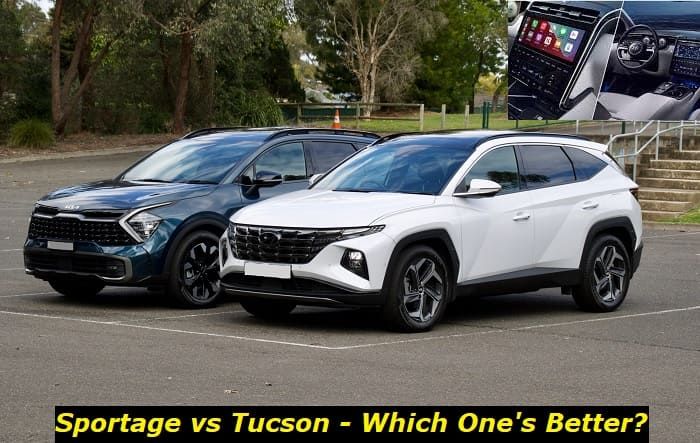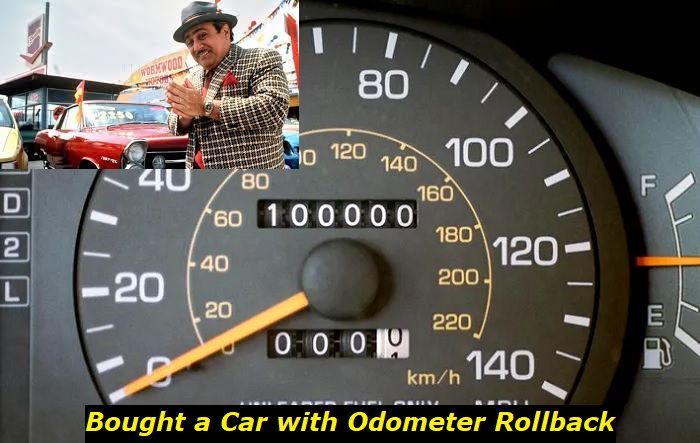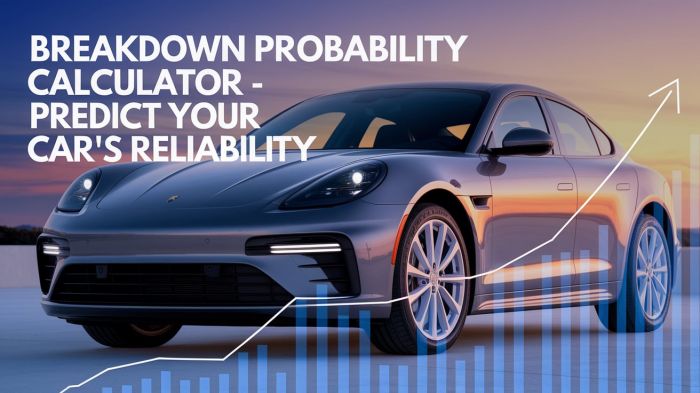Vehicle maintenance is not as easy as it seems. You do everything right. Regular maintenance visits, changing oil at the right time - but the inevitable thing is that your vehicle will break down at some point. Nobody wants to deal with these issues, but they come. While some problems, like side mirror replacements, are minor, your vehicle could experience a major breakdown, such as engine failure.
Engine replacement problems highlights
- Level of urgency:High
- DIY inspection:Impossible
- DIY repair:Impossible
- Cost of repair:$3,000 - $6,500
- Can you drive?No
- Commonreasons:Fatal engine failure, timing belt/chain jumping, overheating, poor lubrication
- Ways to fix:Professional engine replacement

What Is A Warranty, And Which One Covers Engine Replacement?
A warranty is a contract that a service provider or manufacturer issues buyers when they buy new products. They agree to replace the product in the event of faults or to repair them if they are damaged due to faulty parts.
An automobile warranty is a contract in which a car-making company agrees to take care of parts and repair costs covered in the warranty. Automotive warrants cover mechanical fixes caused by faulty parts or problems that occurred during vehicle manufacturing. A warranty will not cover typical wear and tear of parts, problems caused by driver's negligence, or collision damages. They also don't cover regular vehicle maintenance. Collision damages are always covered by a vehicle's insurance.
There are many vehicle warranties, but only three cover engine replacements. These three are
- Bumper-to-Bumper
- Powertrain, and
- Extended warranty
Bumper-to-Bumper Warranty
Bumper-to-Bumper is a comprehensive warranty that typically comes with brand-new automobiles. It covers nearly all parts between your car's front and rear bumper and is mostly short-term - most manufacturers only offer a three-year bumper-to-bumper warranty. Some will extend to five years.
This type of warranty is also attached with mileage coverage. Most three-year warranties have an alternative 36,000 miles, whichever comes first. The manufacturer usually covers the costs if your engine needs repairs or replacement during this period.
Bumper-to-Bumper Extended Warranty
After the standard bumper-to-bumper warranty has expired, you can get an extension from the manufacturer or a third party. If you purchase an extended warranty, it covers most parts of the car, including the AC. Engine repairs and replacement are also covered in this warranty.
It is good to understand the type of extended warranty you are purchasing because not all will cover engine replacement. For example, some drivetrain warranties do not consider the engine to be a part of the drivetrain. As such, an extended drivetrain warranty may not cover engine replacement.
Is An Extended Warranty Worth Purchasing?
The engine is a critical part of a vehicle. It is also one of the most expensive parts to repair or replace. Once the standard warranty expires, these costs will be transferred to your pocket. This means that all repair costs will be your responsibility.
An extended warranty, whether bumper-to-bumper or powertrain, will help offset these bills. Submitting an affordable monthly premium means you will not have to take care of expensive bills yourself.
There are many reasons why an extended warranty is worth buying. For starters, it gives you peace of mind. There is peace in knowing that you won't be hit by surprise repair or engine replacement bills.
Before buying an extended warranty, one thing to consider is how long you plan to keep the automobile. If you plan on selling the car sooner, you can opt out of the extended warranty. However, if you have a transferable warranty, you will sell the vehicle much faster and at a reasonable price. Also, if you don't plan on selling the car soon, having an extended warranty is a good thing.
Powertrain Warranty
Car manufacturers offer brand-new cars with a powertrain warranty covering every vehicle component that makes it move. The powertrain warranty covers the vehicle's engine, transmission, and other critical parts. While many people confuse drivetrain and powertrain, probably because they have many of the same parts, these systems aren't the same. This same confusion causes people to confuse drivetrain and powertrain warrants.
Engine replacement is covered under the powertrain warranty, not the drivetrain.
Carmakers typically offer longer periods for powertrain warranty than bumper-to-bumper. The standard period is five years, or 60,000 miles, whichever comes first. A few automakers offer up to ten years of powertrain warranty, or 100,000 miles. If your engine malfunctions within the period covered, the warranty will cover repair costs or replacement.
Why Would A Warranty Fail To Cover Engine Replacement?
Everybody wants to know the terms of a warranty before buying a car. Unfortunately, people forget about them immediately after driving away from the dealership. Warranties are perfect for handling parts and labor costs if your engine goes bad.
Unfortunately, not every time warranty covers repair costs. Car owners often void their warranties unknowingly. Some repair costs, like engine replacement, can be costly. As a result, automakers usually instill stringent terms and conditions. Something as simple as regular oil changes determines whether the warranty covers your engine replacement. Where you take your car for maintenance checks also determines the validity of your warranty.
Most dealerships prefer you to take the car to their centers for repairs and regular maintenance. Using generic car parts will also render your warranty void. Before doing anything to your vehicle, ensure you go through the terms and conditions several times to understand them clearly.
Some of the things that can significantly affect the validity of your warranty include;
- Upgrading your engine with aftermarket parts
- Failing to take good care of the car through regular maintenance
- Taking a non-off-road vehicle for off-road trips
- Using the wrong fluids - transmission and engine oils, and fuel as well
- Altering the odometer reading for whatever reasons.
While most warranties will be rendered void due to these circumstances, some car makers allow buyers to customize their vehicles and upgrade their engines as long as they use approved aftermarket part suppliers. In many cases, if you use a non-approved supplier and the parts cause damage to your engine, your claim will be rejected without further consideration. Some engine upgrades will ultimately kill the engine instead of making it powerful. In such a case, the replacement costs will entirely be on you.
One thing to note is that it is not a requirement that regular maintenance runs through your dealer. While they'd prefer that, it is entirely up to you to choose where to service your vehicle. Ensure your service center is trusted and, even better, approved by your dealership. It is illegal for a dealer to force you to service your car at their shop.
Servicing your vehicle at your nearest center can save you money. However, ensure you keep a good record of the receipts to prove you have taken excellent care of your vehicle.
Engine replacement isn't the same as fixing a broken side mirror. A slight mistake may mean you'll put all the engine replacement bills yourself. Dealerships are always looking for a reason to void your warranty. You will need to follow the warranty terms and conditions to avoid rejection of your next claim.
Another reason why your warranty may not cover engine replacement is when the car is damaged beyond repair. In case of an accident and your vehicle is declared junk, your car insurance steps in. Natural disaster damages are also not covered in a car warranty.
What's The Difference Between a Warranty and Insurance?
The bottom-line difference between warranty and insurance is that insurance covers damages caused by unexpected accidents. Damages covered under warranties are somehow expected. The aging of car parts is inevitable. At some point, your engine will break down and be unable to work again. That's expected and is covered under warranty.
If you bought a car today, the manufacturer wouldn't expect it to require an engine replacement tomorrow, but it can be involved in an accident and require an overhaul replacement of the engine. That's covered insurance.
Bottom-line
Engine replacement is costly. Paying for all the costs from your bank account is a nightmare. However, it won't cost you much if your warranty covers the replacement. And it'll give you the ultimate peace of knowing that you have a brand new engine under that five-year-old hood.
About the authors
The CarAraC research team is composed of seasoned auto mechanics and automotive industry professionals, including individuals with advanced degrees and certifications in their field. Our team members boast prestigious credentials, reflecting their extensive knowledge and skills. These qualifications include: IMI: Institute of the Motor Industry, ASE-Certified Master Automobile Technicians; Coventry University, Graduate of MA in Automotive Journalism; Politecnico di Torino, Italy, MS Automotive Engineering; Ss. Cyril and Methodius University in Skopje, Mechanical University in Skopje; TOC Automotive College; DHA Suffa University, Department of Mechanical Engineering






Add comment